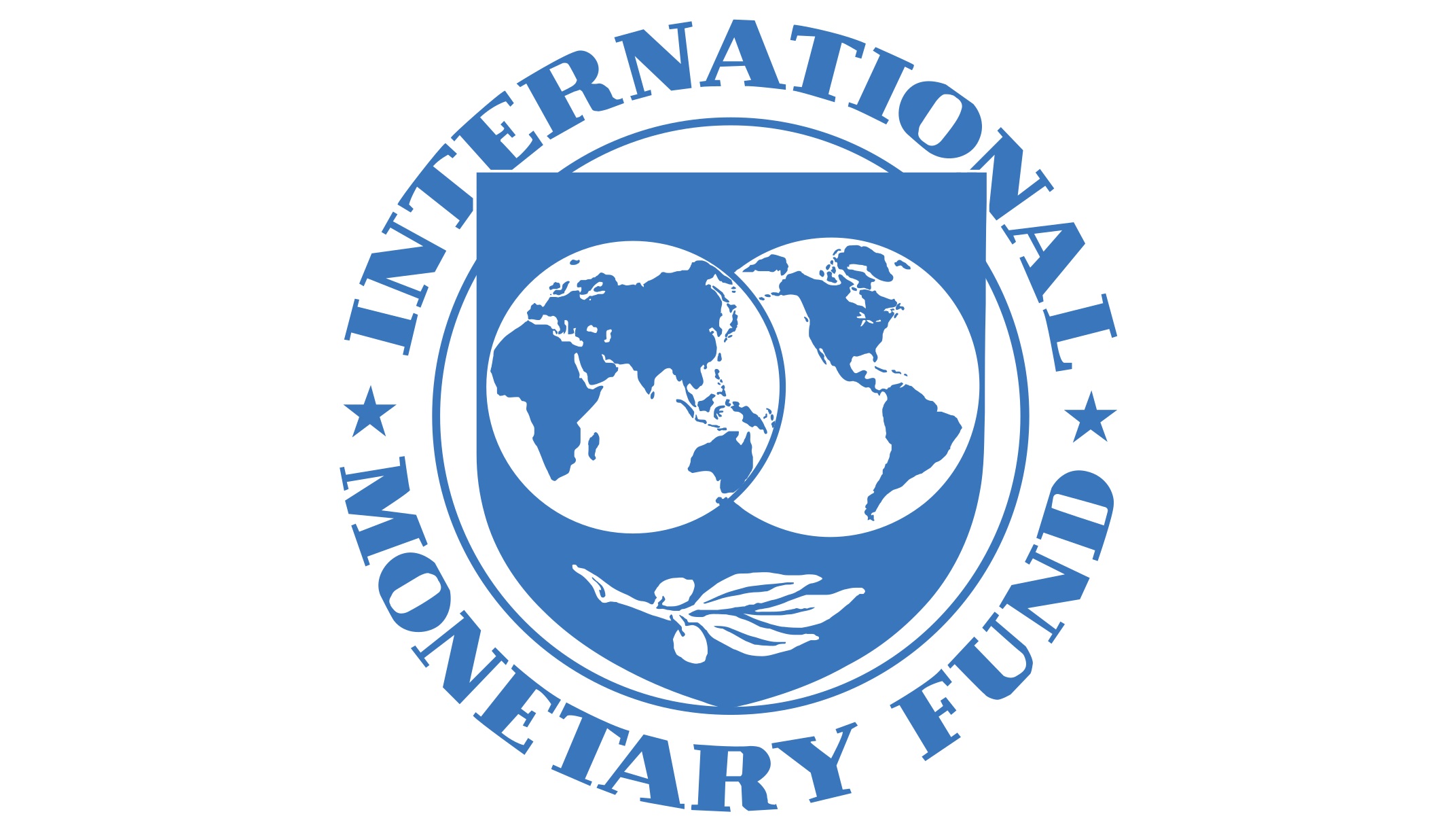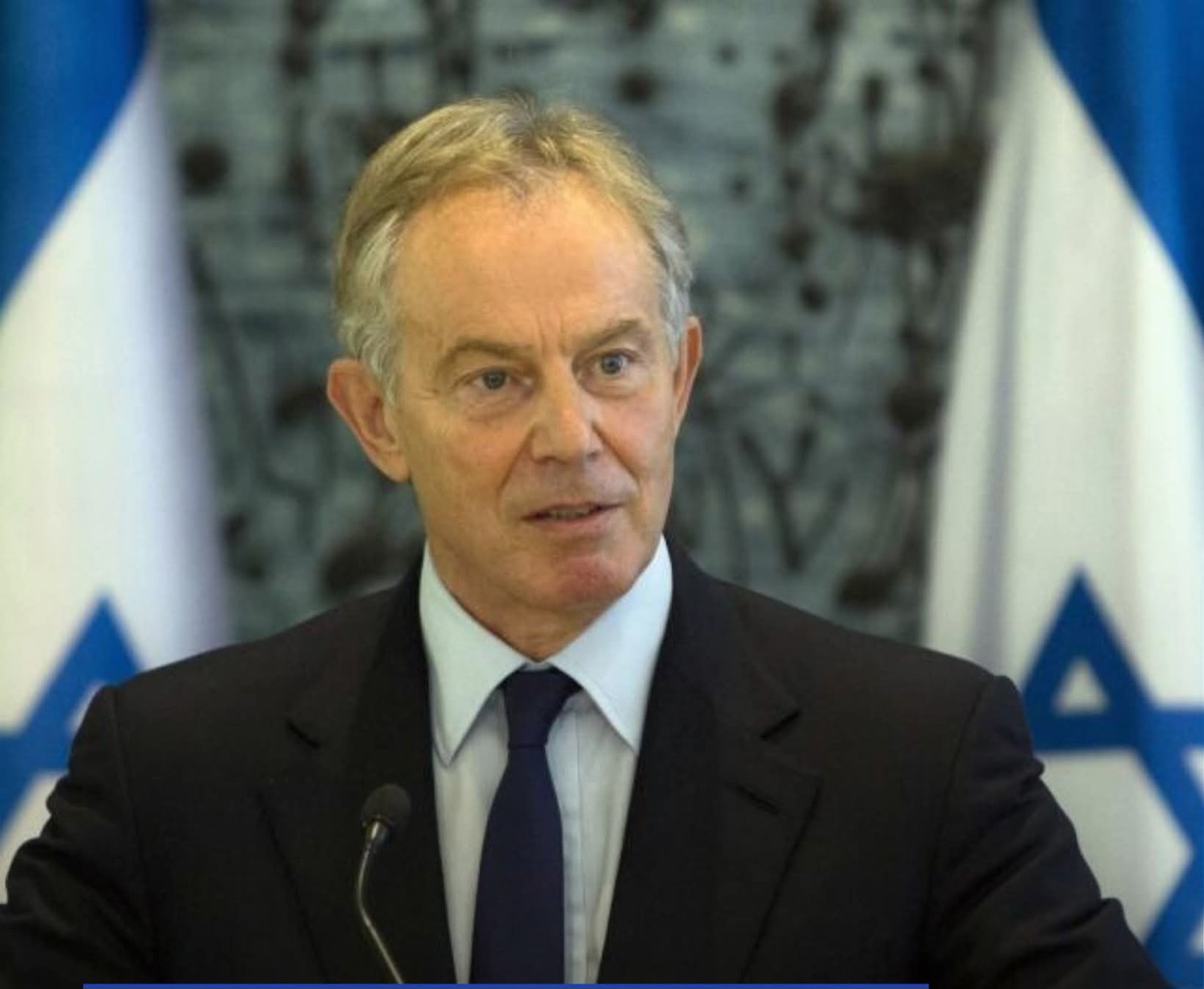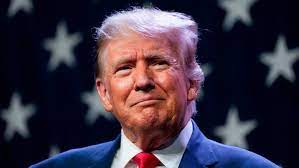
Abebe Selassie, IMF’s African Region Director, described the decision to remove fuel subsidy by President Tinubu as a domestic one.
“The decision was a domestic one. We don’t have programmes in Nigeria. Our role is limited to regular dialogue, as we have with other nations like Japan or the UK,” Selassie said on Friday at a press briefing on the sidelines of the IMF and World Bank Annual Meetings in Washington DC, United States.

He however agreed that the subsidy removal reflects IMF’s long-term strategy for sustainable economic growth.
“We recognise the significant social costs involved. The government can mitigate these by expanding social protection for the most vulnerable,” he said.
During his inauguration in May 2023, President Tinubu declared that fuel “subsidy is gone”, a pronouncement that immediately led to astronomical hike in the cost of goods and services across the country.
From less than N200 per litre, petrol is now selling for about N1,200 in Nigeria since the subsidy removal.
Nigerians have accused the government of following IMF policies in implementing the subsidy removal.





